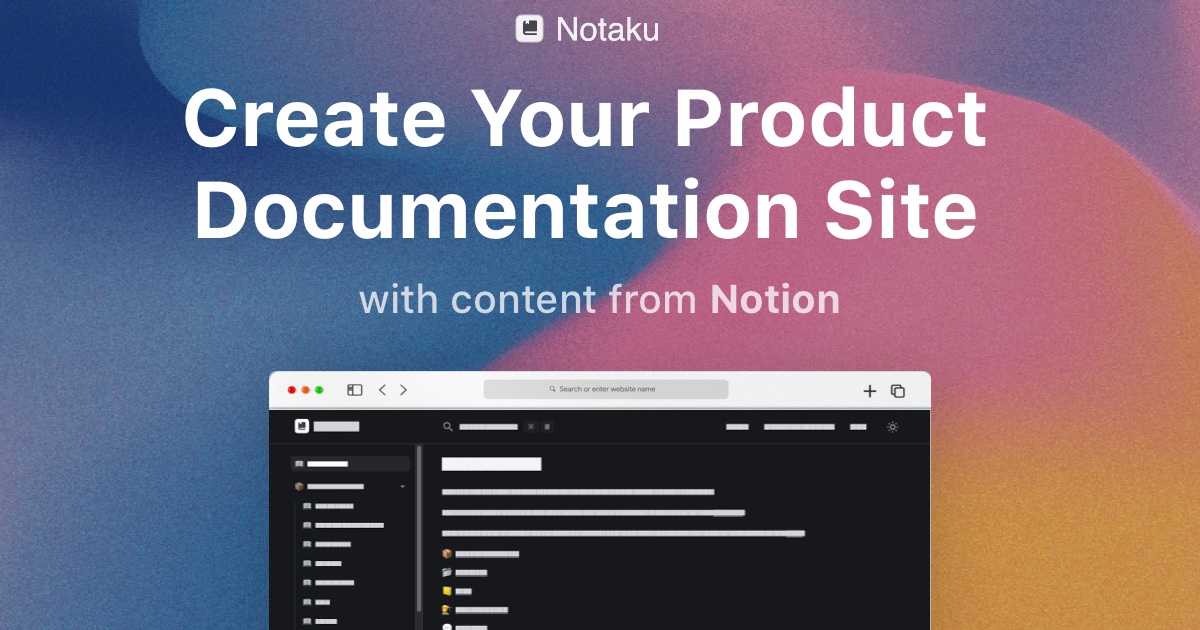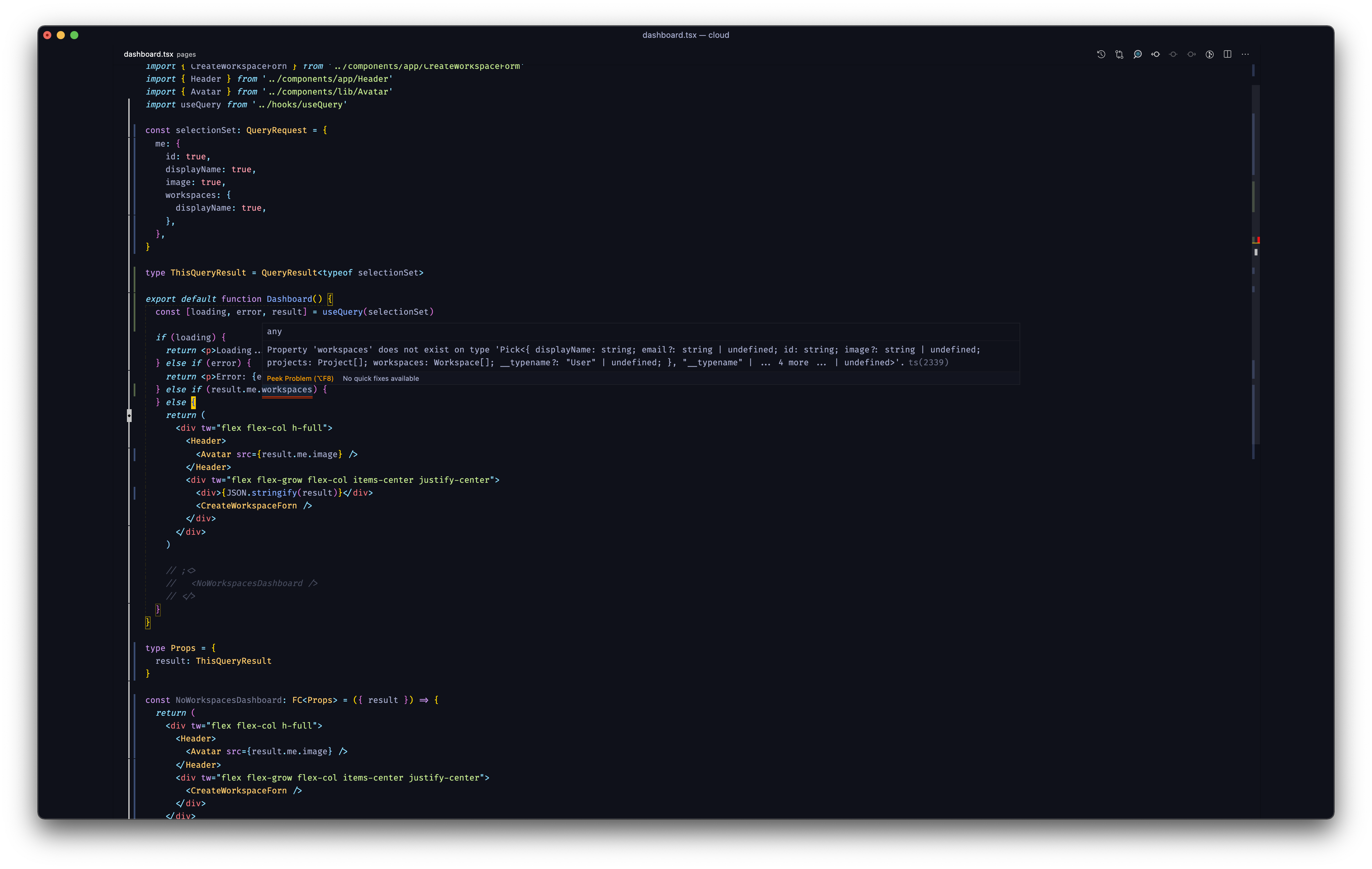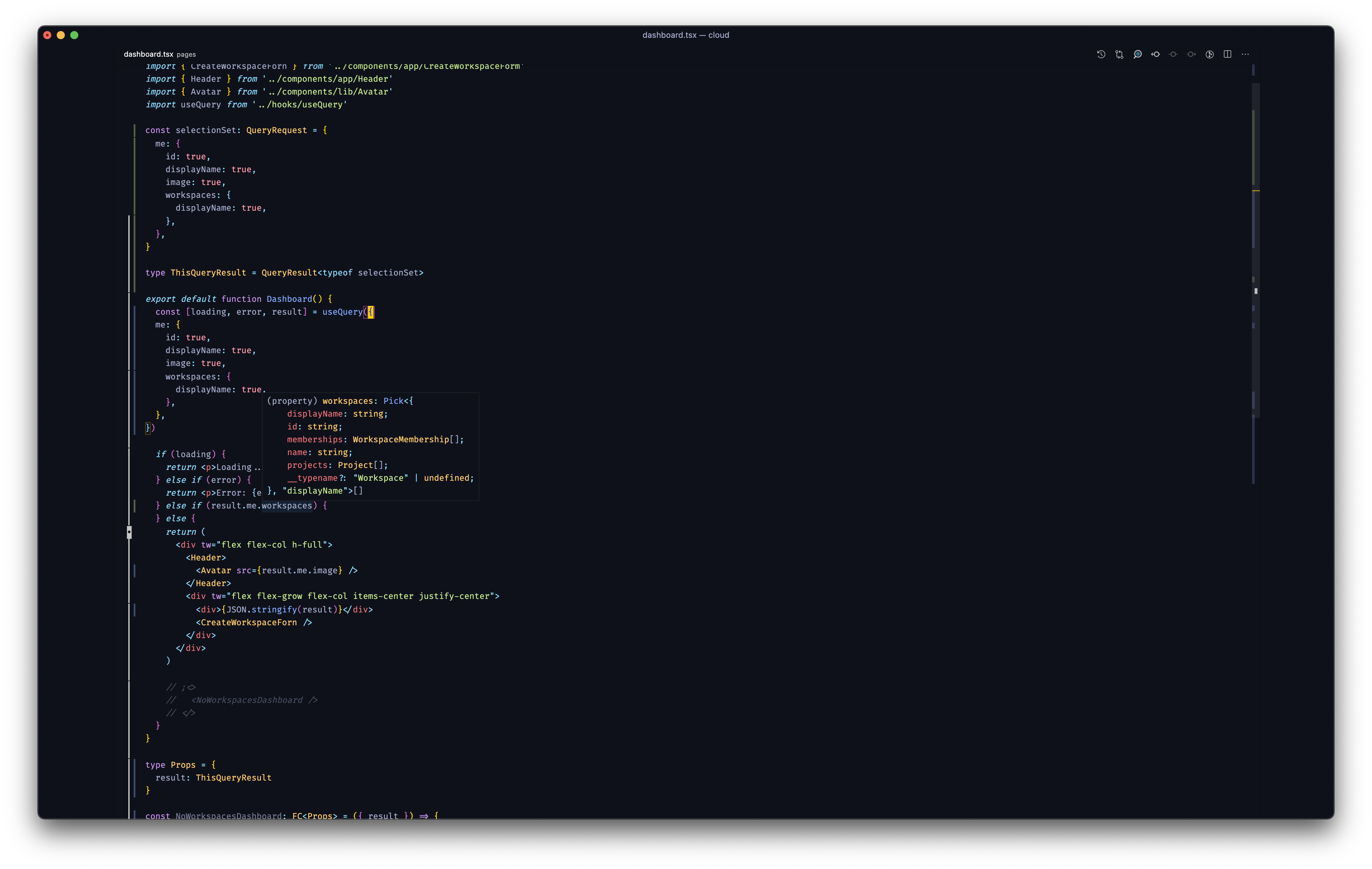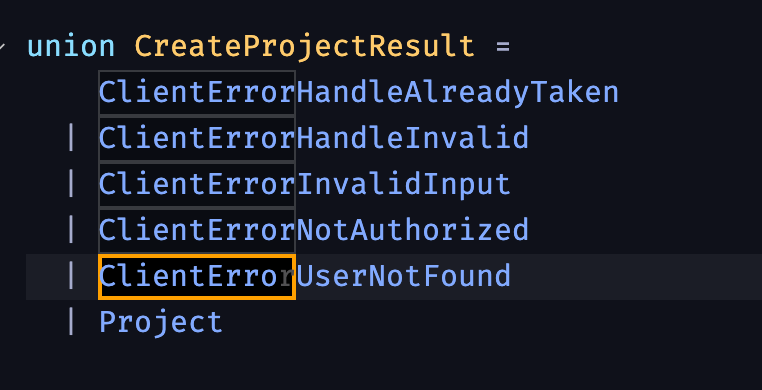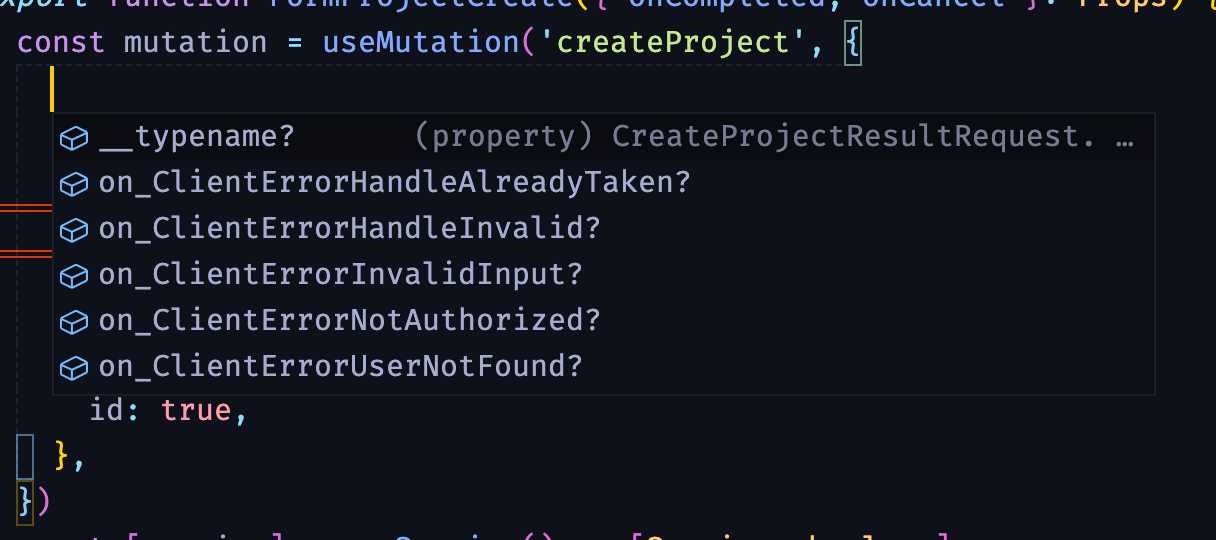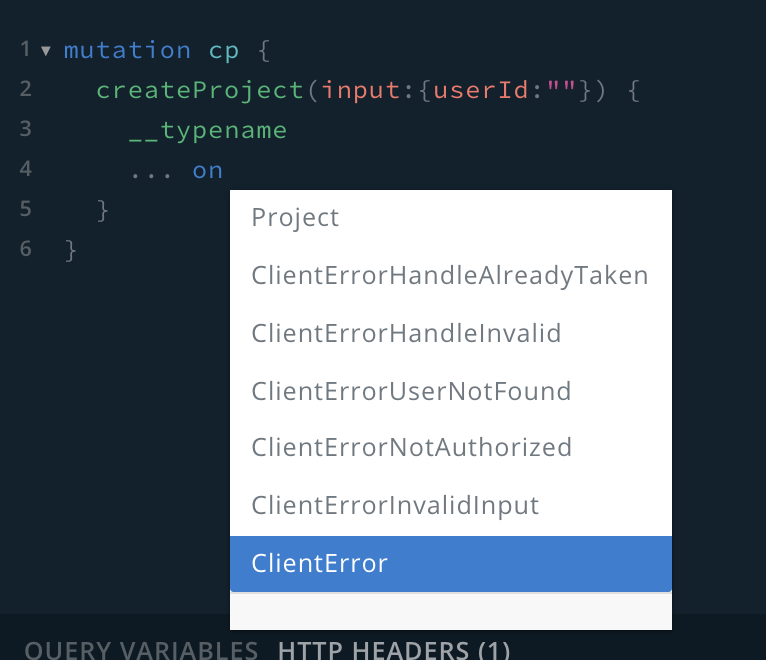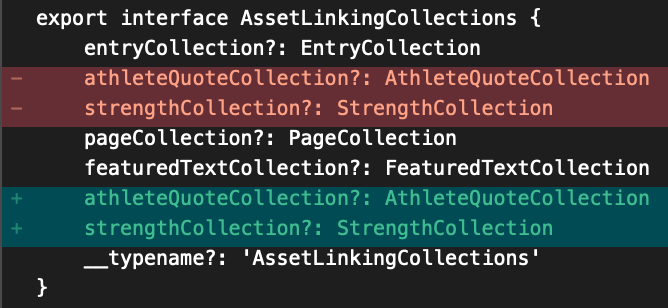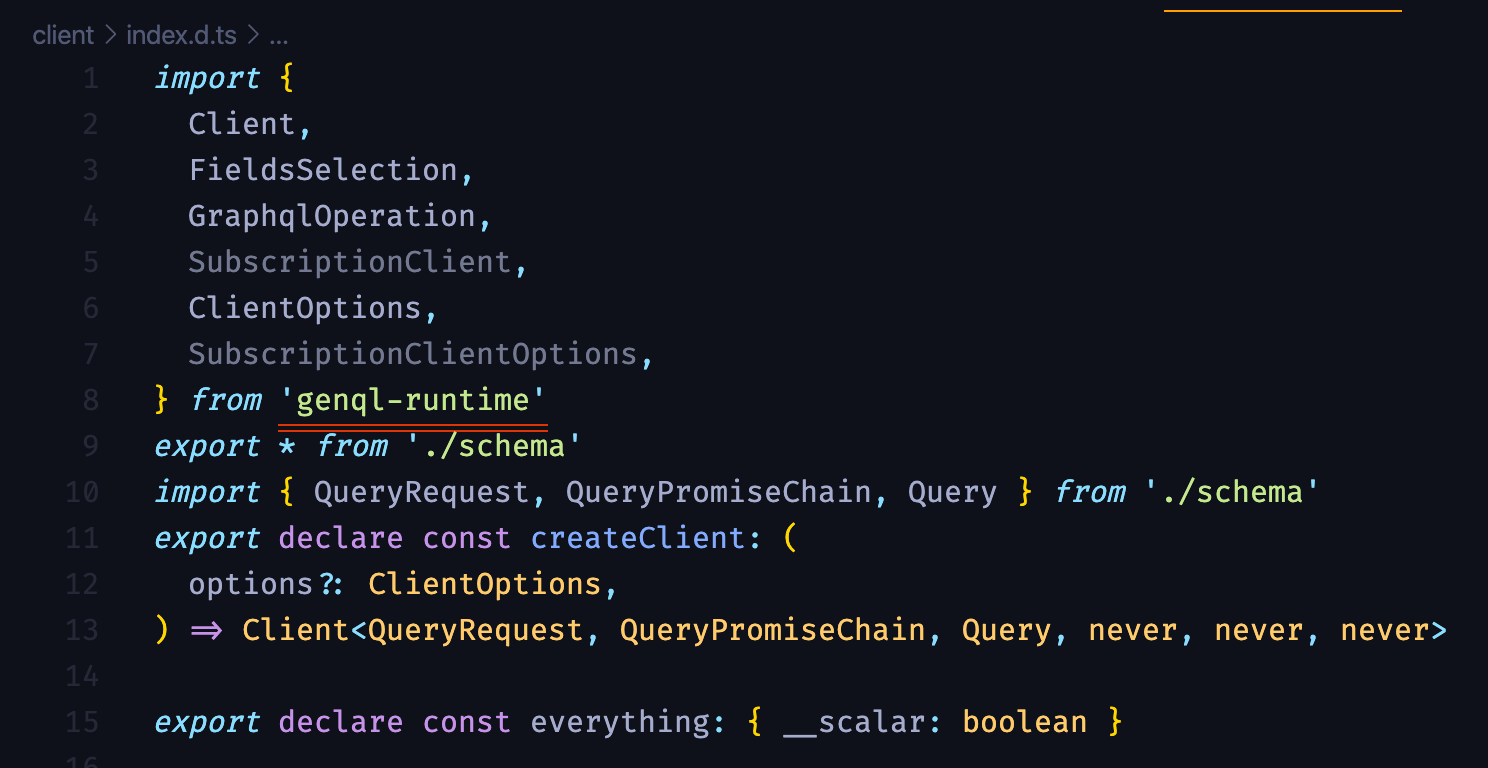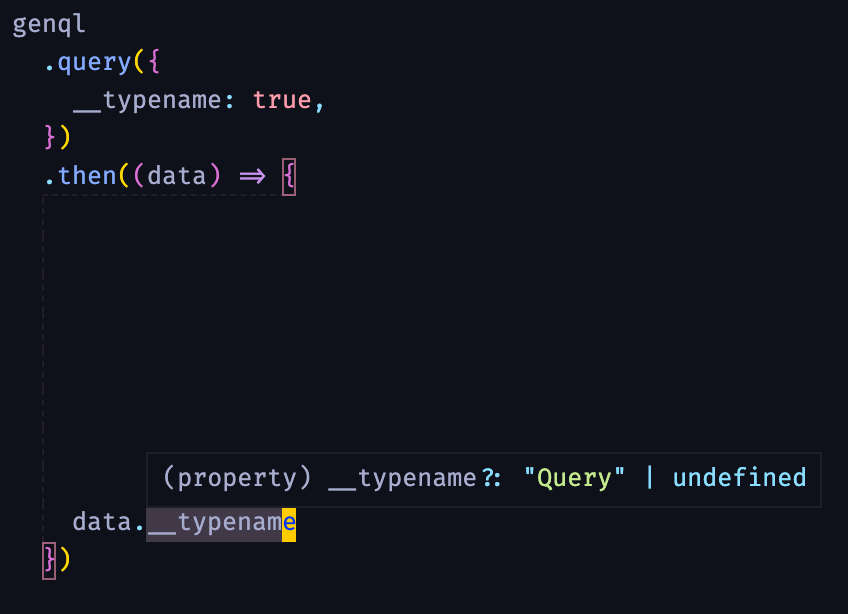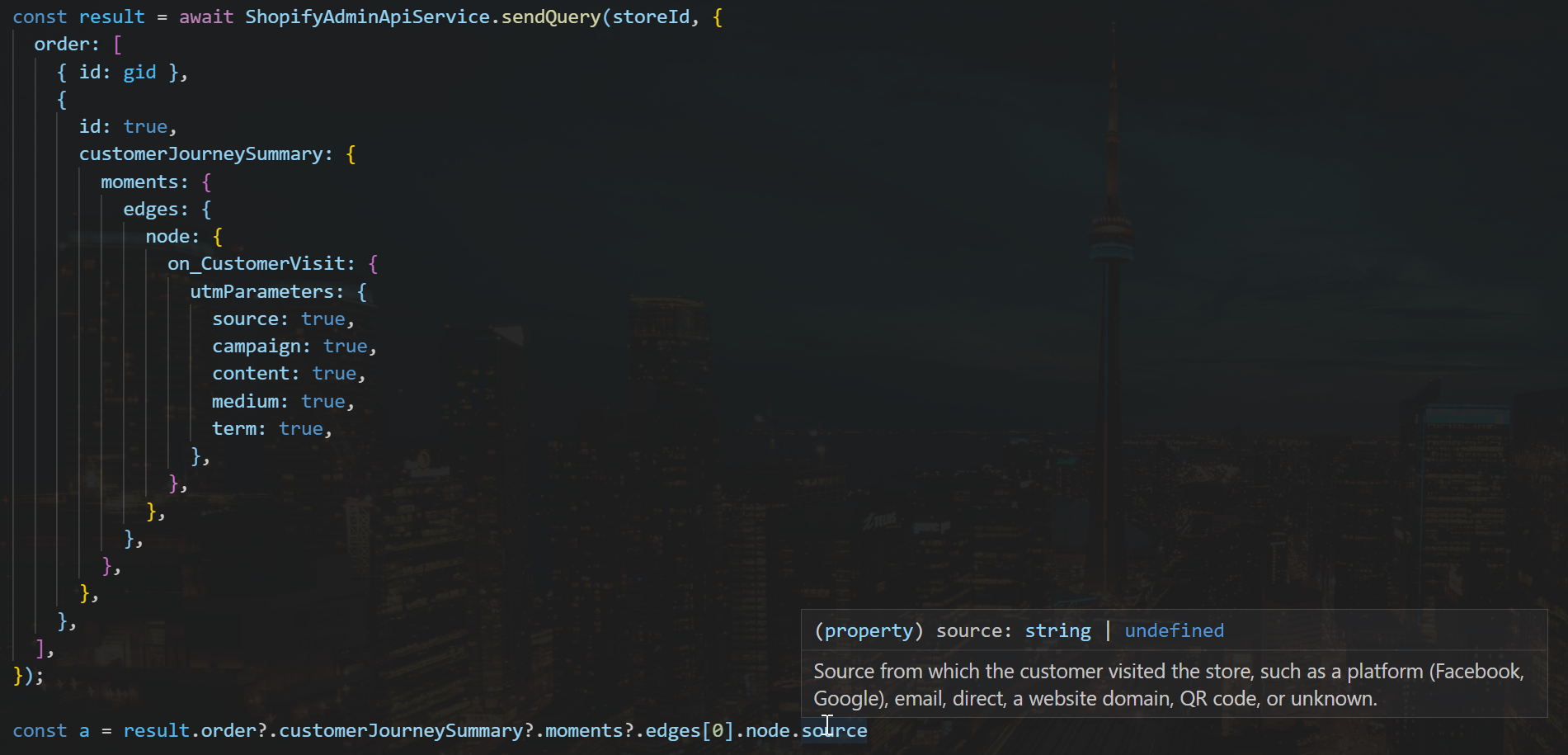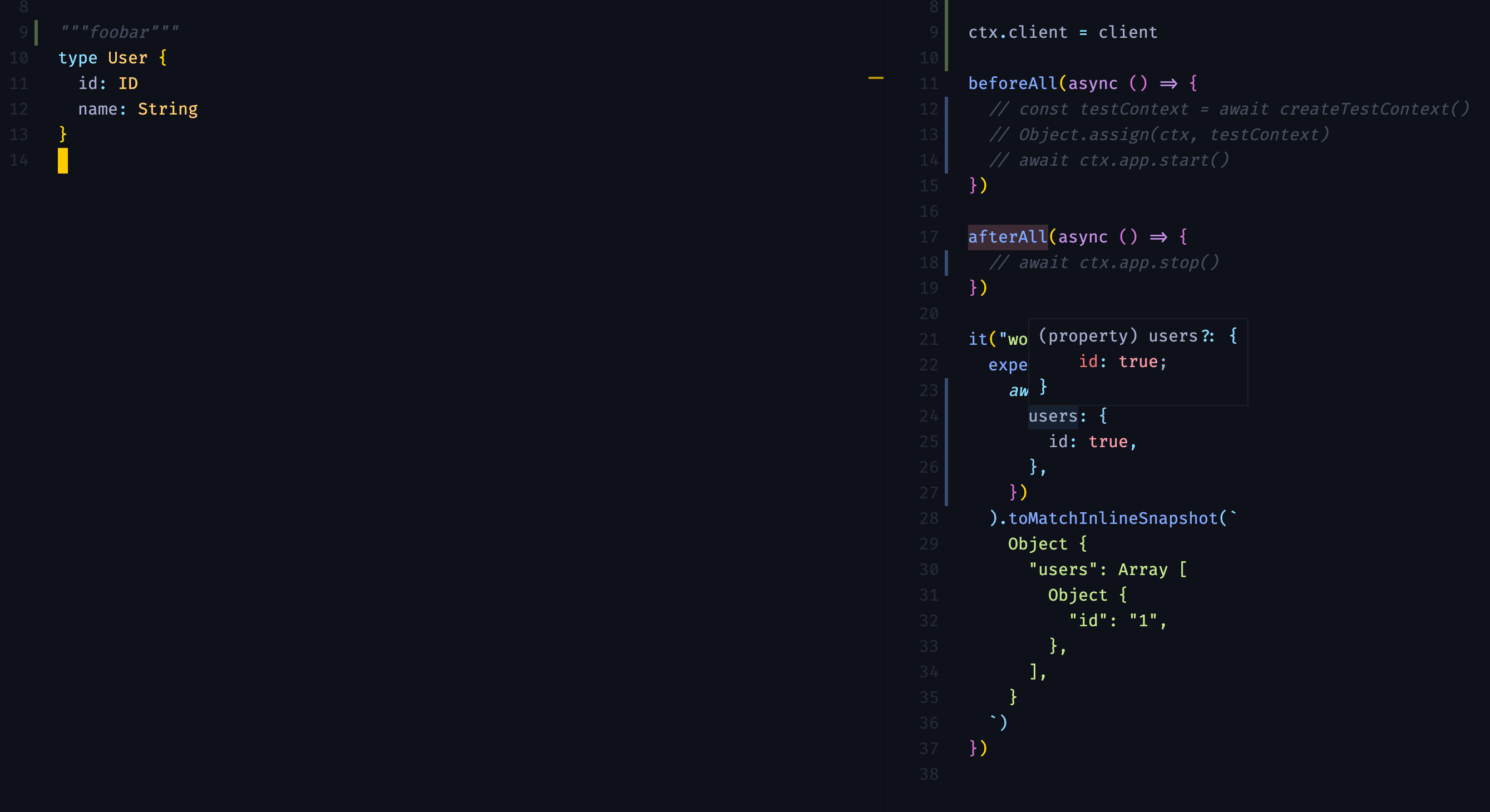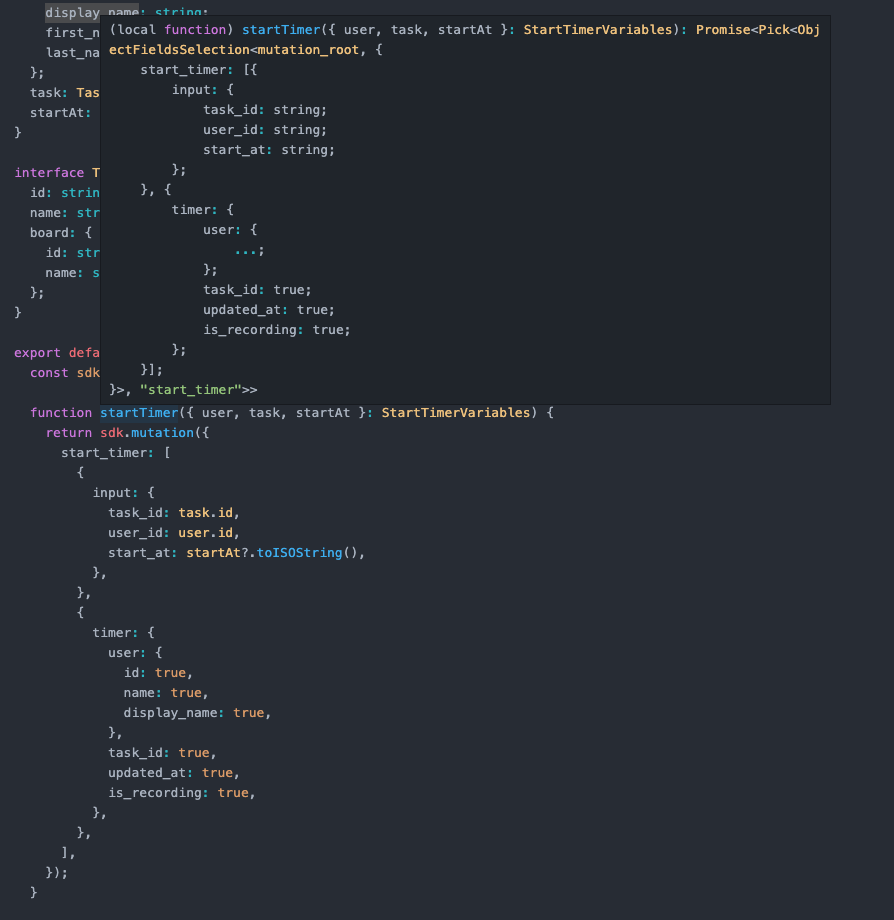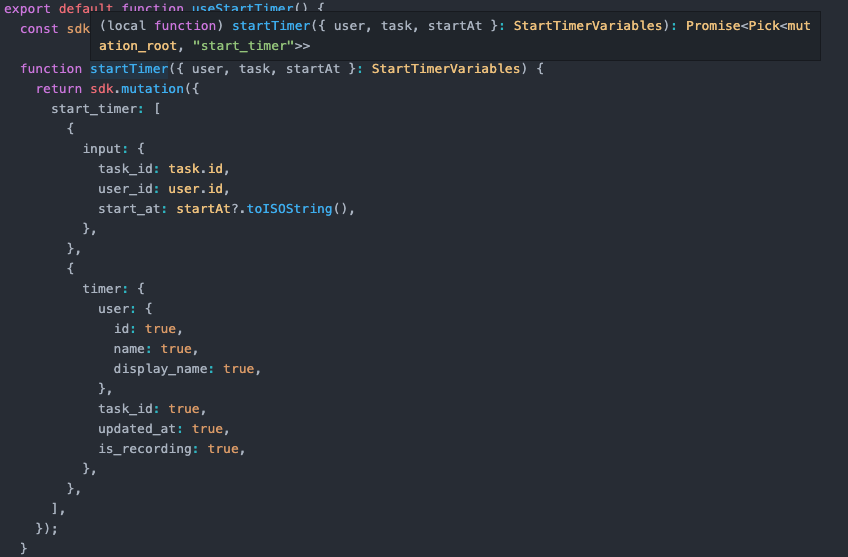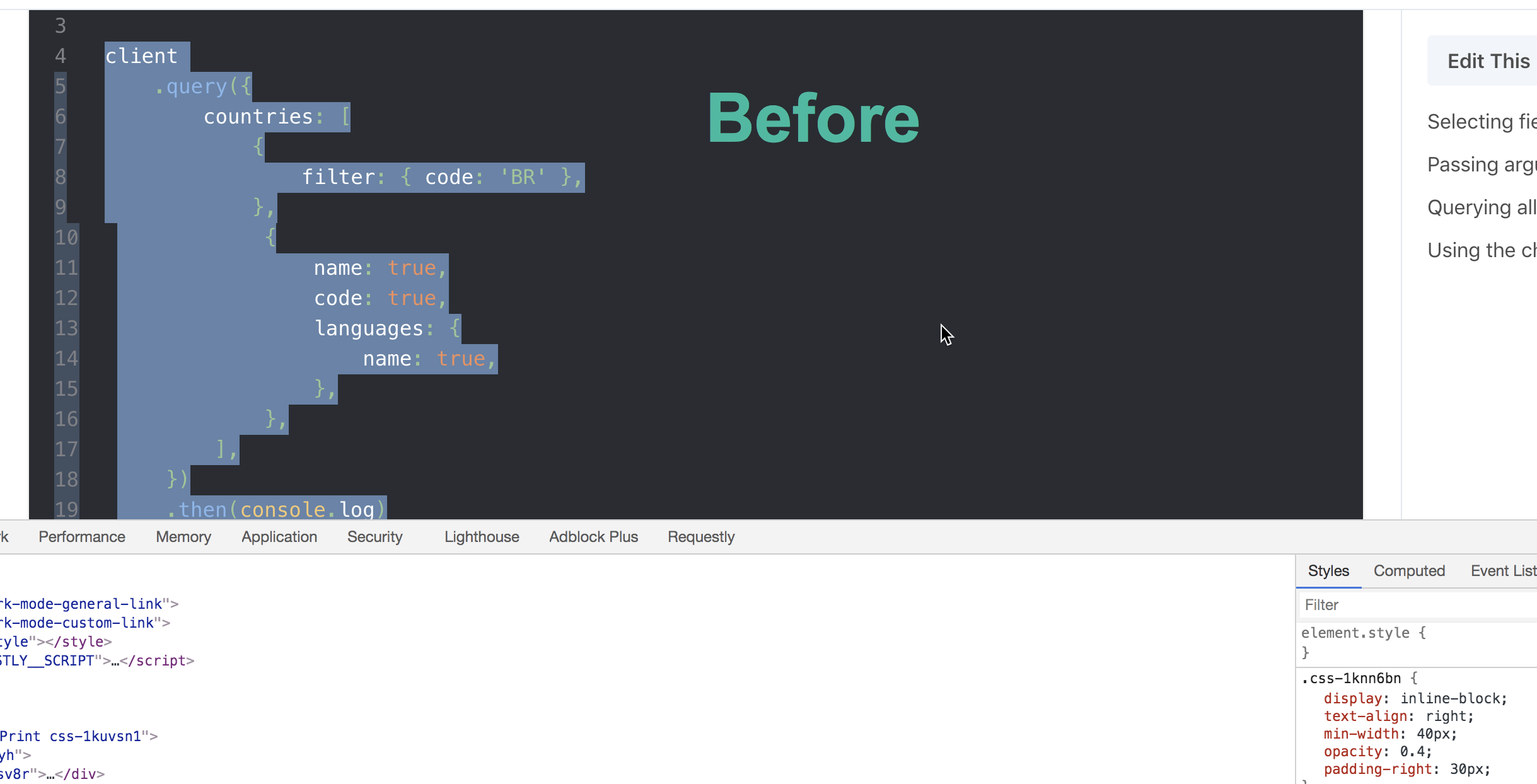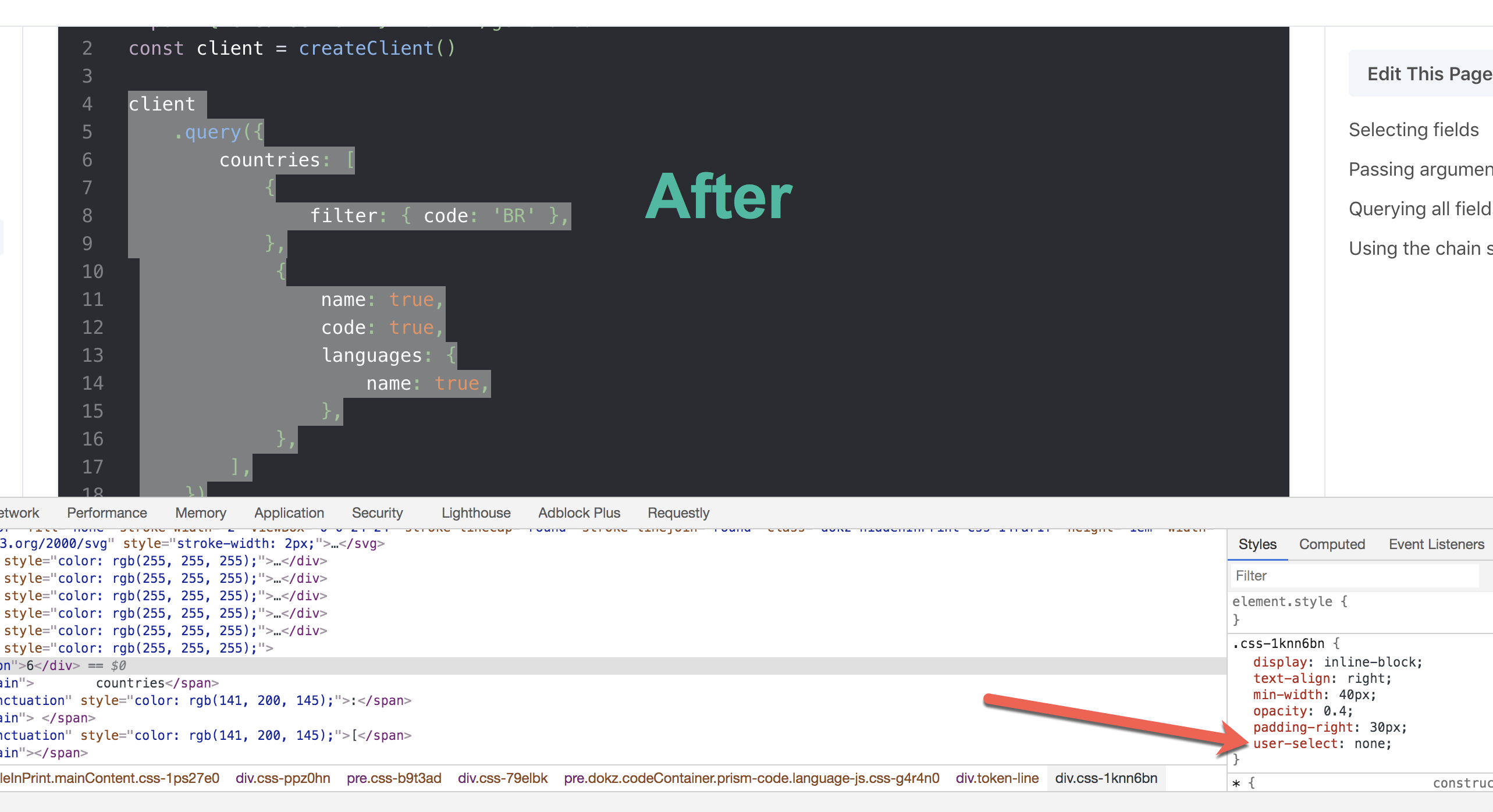Important
Genql is building a cloud platform to automate SDK generation in multiple languages, docs website with examples, changelog website and more. Fill this form if you are interested!
Read the quick start guide to generate your client and start writing queries.
You can stay up to date with the latest changes subscribing to the Genql changelog.
Features
- ✅ Type completion & Type validation
- 🍃 No dependencies (not even graphql)
- ⚡️ Can easily fetch all scalar fields in a type
- 🐎 Works with any client (Apollo, Relay, etc)
- 🥃 Support for Subscriptions
- 🔋 Built in batching support
↔️ Easy migrate existing GraphQL queries to Genql code- 🚂 Works in browser, Node, Deno, Cloudflare workers, Bun and more
First generate your client with the genql cli.
You can find other cli options here
npm i -D @genql/cli # cli to generate the client code
genql --schema ./schema.graphql --output ./generatedThen you can use your client as follow
import { createClient, everything } from './generated'
const client = createClient()
client
.query({
countries: {
// pass arguments to the query
__args: {
filter: {
currency: {
eq: 'EUR',
},
},
},
name: true,
code: true,
nestedField: {
// fetch all scalar fields
__scalar: true,
},
},
})
.then(console.log)The code above will fetch the graphql query below
query {
countries(filter: { currency: { eq: "EUR" } }) {
name
code
nestedField {
scalarField1
scalarField2
}
}
}Genql has a lot of benefits over writing graphql queries by hand:
- Writing queries is faster thanks to TypeScript auto completion
- You can safely update your schema and be sure your queries are still valid
- You can fetch all scalar fields in a type with
__scalar: true - No
graphqlpackage dependency, no runtime parsing of queries - You have to generate the client only after your schema changes, not after every query change


